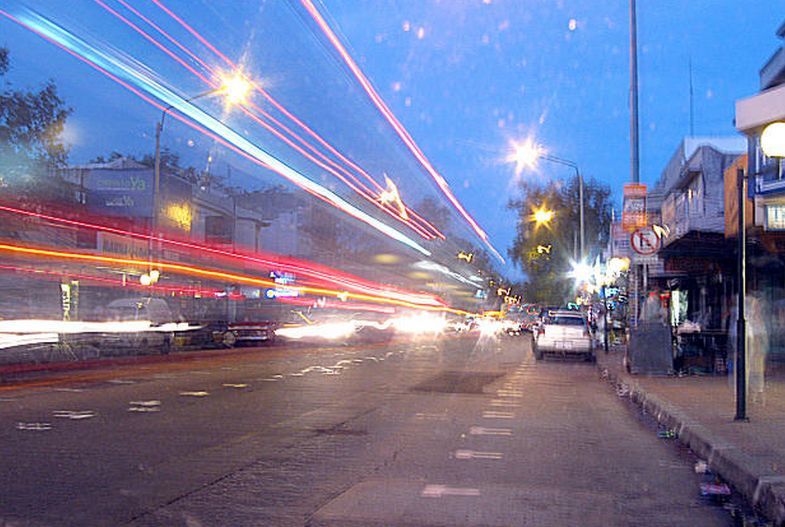
Fatigue is often ranked as a major factor in accidents. In 20% of all crashes and 16% of all near crashes, the driver was showing fatigue. A study also revealed that 18- to 20-year-olds account for significantly more fatigue-related crashes than any other age group(1).
In commercial transportation, estimates suggest that fatigue is a factor in up to 30% of fatal crashes and 15% of serious injury crashes. Fatigue also contributes to approximately 25% of insurance losses in the heavy vehicle industry (2).
Driver fatigue is particularly dangerous because one of the symptoms is decreased ability to judge our own level of tiredness.
Fatigue is more likely to be a factor in crashes in rural areas as they can involve long trips and extensive periods of continuous driving, however anyone can be affected by fatigue.
Research has shown that not sleeping for more than 17 hours has an effect on driving ability the same as a Blood Alcohol Concentration (BAC) of 0.05. Not sleeping for 24 hours has the same effect of having a BAC of 0.10!
The main causes of fatigue are:
- lack of quality sleep; sleeping disorders such as sleep apnoea
- time of day driving when you would normally be sleeping (eg 1am-6am) or in the afternoon period (eg 2pm-4pm) when our biological time clock makes us feel tired
- length of time driving
Signs of fatigue include:
- constant yawning, sore eyes, trouble keeping your head upright
- delayed reactions, daydreaming, difficulty remembering driving the last few kilometers
- drifting over lanes, variations in driving speed.
Micro-Sleeps:
Are when you nod off and are unintended periods of light sleep that last a few seconds or several minutes. You may just lose attention and stare blankly or even close your eyes and your head might snap up. Micorsleeps are dangerous when driving during a 4 second micro-sleep a car travelling at 100km/h will travel 111m while completely out of the drivers control.
How to do it right:
- Most importantly if you feel tired, pull over and have a power-nap, otherwise you may experience micro-sleeps which are dangerous while driving. Once you are fatigued the only cure is to stop and take a break. Boosting drinks like Energy Drinks or coffee can help, too.
- Get enough quality sleep before you begin driving. Be sure to have 7 to 8 hours of uninterrupted sleep before your trip.
- While existing road safety guidelines remain a priority, the use of caffeinated beverages, such as coffee, could be a useful adjunct strategy in the maintenance of alertness while driving
- The worst time to begin your trip is after work you will be tired already even though you do not realise it.
- Aim not to travel more than 8 to 10 hours each day.
- Take regular 15 minute breaks at least every two hours. Get out of the car, get some fresh air and some exercise.
- If possible share the driving. Get your passengers to tell you if you look tired or if you are showing signs of tiredness.
- Eat well balanced meals at your usual meal times. Avoid fatty foods which can make you feel drowsy.
- No alcohol and medicines that can cause drowsiness.
- Avoid driving at night. The chances of crashing are much higher late at night and early morning.
- Playing music or fresh air will only have a short-term benefit in keeping you alert.
- The only cure for fatigue is sleep.
Very interesting article, despite the fact that it’s not UAE specific:
https://www.hendycarstore.co.uk/driver-fatigue-essential-road-safety-guide/
sources:
http://www.dpti.sa.gov.au/roadsafety/Safer_behaviours/fatigue__and__distractions
1) https://www.ehstoday.com/safety/article/21917988/wake-up-and-drive-fatigue-causes-20-percent-of-crashes
2) https://www.roadefend.com/en/index.php?m=&c=Index&a=show&catid=36&id=153









